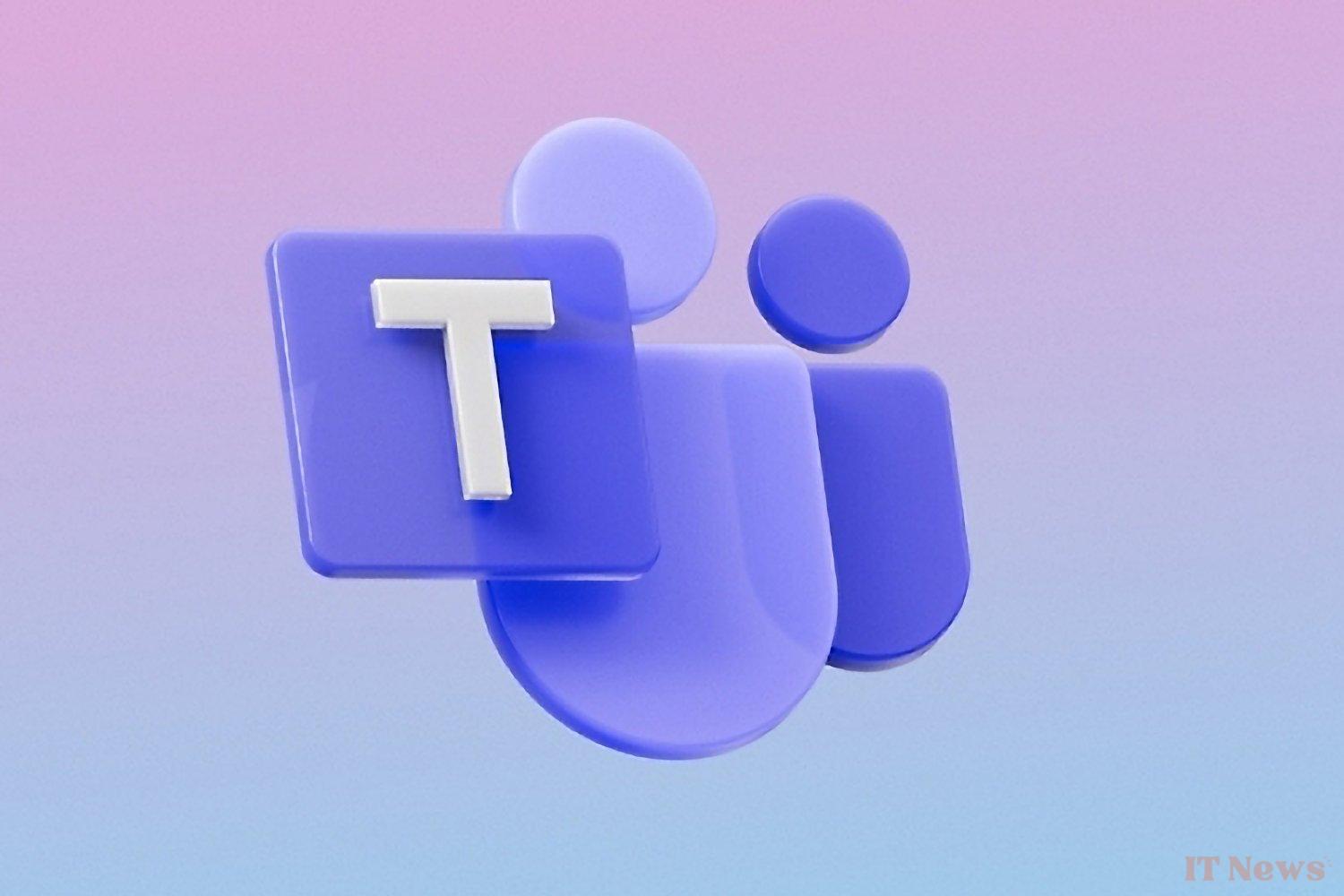Discreetly taking a screenshot during a Microsoft Teams meeting to keep track of what was said will soon no longer be possible. Microsoft is about to strengthen the protection of meetings held in its collaboration application. The goal? To improve the confidentiality of data exchanged during a video call.
Prevent unauthorized screenshots
Microsoft's Teams development teams are currently working on a new option aimed at improving meeting protection. Specifically, Microsoft wants to allow the meeting organizer to choose whether or not to allow screenshots during a video call. This is what the roadmap of upcoming new features in Microsoft 365 applications indicates.
The feature, which is currently under development, will be rolled out to all Windows and macOS versions of the Microsoft Teams app, as well as the Android and iOS mobile apps.
Microsoft specifies that users who join a meeting from an unsupported platform will automatically be placed in audio mode as soon as the feature preventing screenshots is enabled by the meeting organizer.
The rollout of this new security measure is expected to begin this summer, with Microsoft indicating a rollout starting sometime in July. Microsoft has not specified whether or not this new option will be enabled by default when creating a new Teams meeting.
While the integration of such a feature to preserve the confidentiality of conversations in Microsoft Teams video calls is good news, it remains fairly easy to circumvent. Microsoft will not be able to prevent users from whipping out a smartphone to take a photo of their computer screen or the smartphone used for the meeting.
For several months, messaging app publishers have made the confidentiality of conversations their priority. A few weeks ago, WhatsApp embraced a similar movement by rolling out its Advanced Privacy feature. Specifically, this new security measure aims to block the ability to export certain conversations from the app. With this new feature, the Meta-owned messaging app aims to "prevent others from extracting highly confidential content outside of WhatsApp."
Source: Bleeping Computer



0 Comments